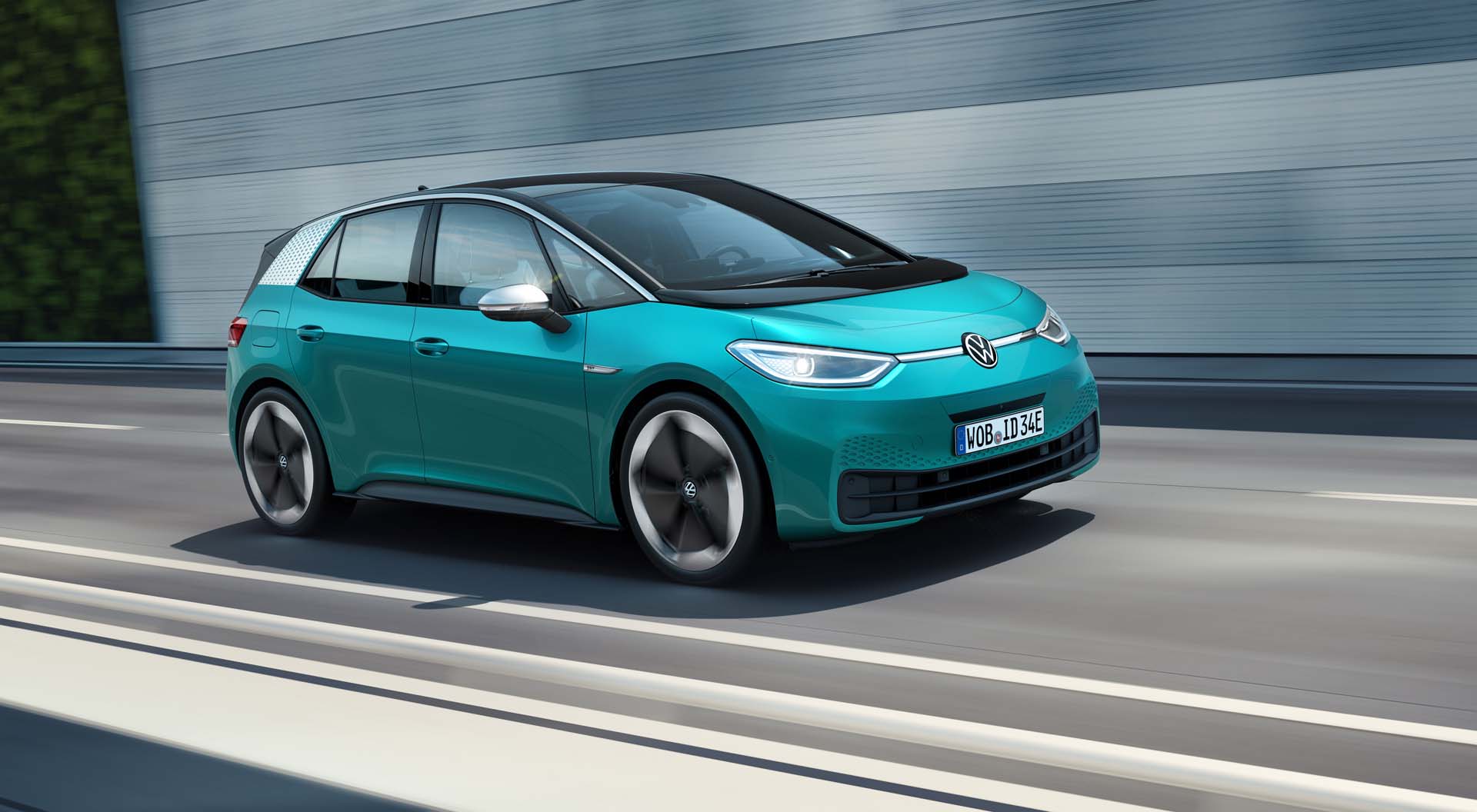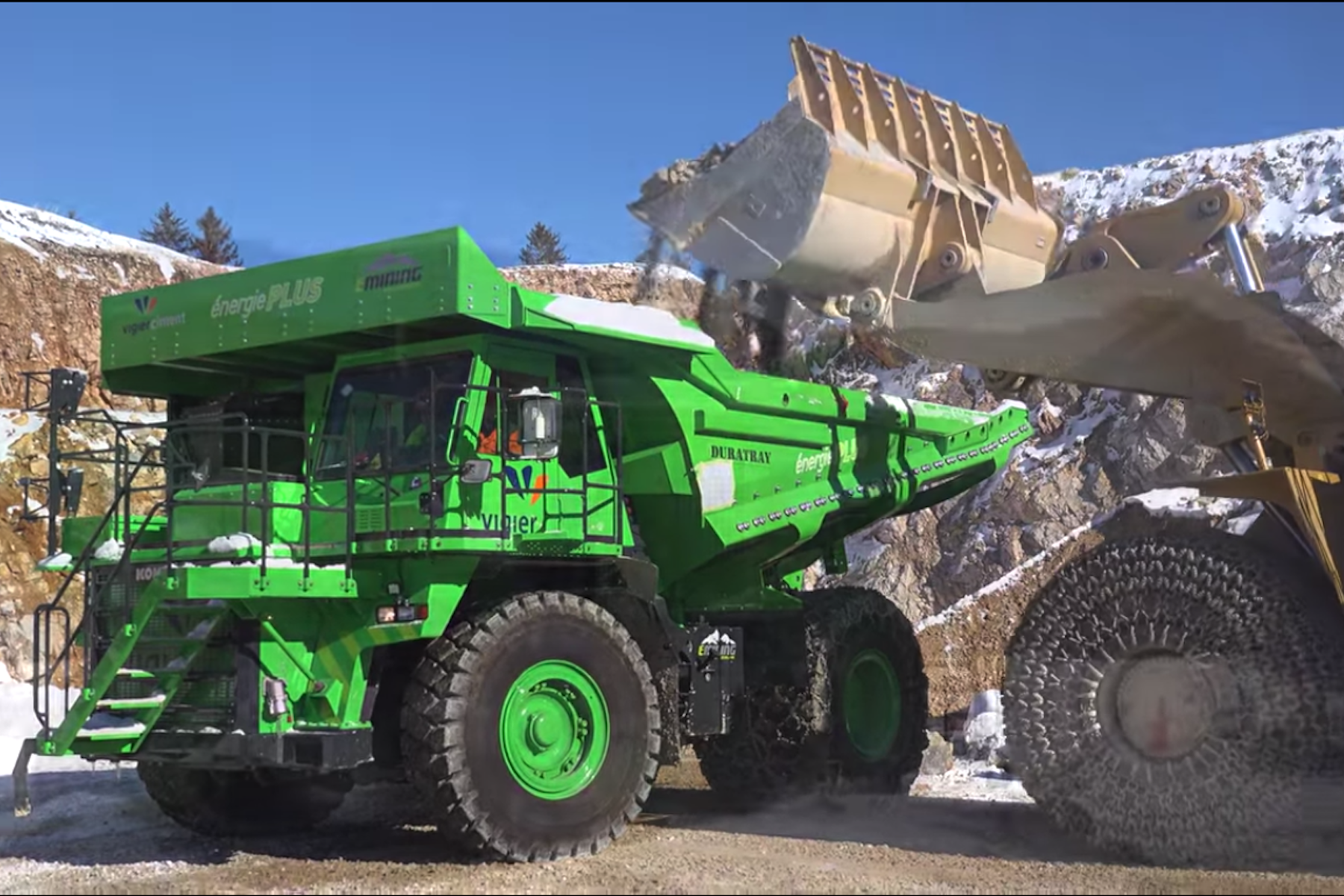- Staff
- #1
- Joined
- Oct 21, 2006
- Messages
- 48,004
- Reaction score
- 32,148
- Location
- Edmonton/Sherwood Park
- Website
- www.bumpertobumper.ca
April 13, 2022 by Adam Malik

Much attention has been paid to battery electric vehicles. But what about fuel cell electric vehicles?
A recent paper in Brink, a global business platform, compared the viability of BEVs to FCEVs. The author, Mohammed Shafi, researcher at research support service provider PreScouter, pointed to an intelligence brief comparing the two options.
FCEVs are electric vehicles but are powered by a hydrogen fuel cell. Electricity is produced by the electrochemical reactions between hydrogen and oxygen pumped into a vehicle’s hydrogen tanks. Pure, distilled water is produced as a byproduct.
Right now, however, there is little infrastructure in place to support fuel cell technology for vehicles. With more and more charging stations announced by federal agencies, BEVs are a more appealing option.
“However, this could change within the next five to 10 years as investments in hydrogen production and infrastructure increase, potentially pushing FCEVs to outperform BEVs in some segments and become the more sustainable alternative,” Shafi argued.
There is one clear advantage to FCEVs. These vehicles rely on energy stored in the vehicle’s fuel cells. So as long as fuel is available to power the fuel cell, it can generate energy. That means ‘refuelling’ an FCEV can take a matter of minutes. A BEV can take hours to recharge. This has been a major sticking point to wooing the typical consumer over from an internal combustion engine to a BEV.
However, it can be more expensive to refuel an FCEV compared to recharging a BEV, Shafi noted.

The hydrogen-powered Toyota Mirai at the 2019 Canadian International Auto Show.
When it comes to environmental concerns, FCEVs also come out ahead, he observed as fuel cells can be a 100 per cent renewable and environmentally friendly system.
“In the absence of adequate recycling systems, the lithium-ion batteries used in BEVs are expected to cause a serious environmental crisis when they reach the end of their useful lives,” he wrote.
“Overall, FCEVs are cleaner than BEVs and internal combustion vehicles, with additional room for improvement as hydrogen generation and distribution advances. FCEV production is also cleaner than BEV production due to fewer raw material requirements compared to BEV mineral mining and the consumption of heavy metals such as lithium and cobalt. FCEVs are also easier (and cheaper) to recycle than BEVs.”
But for all this good, there are downsides, Shafi noted. Notably, compressed hydrogen tanks are bulky.
“This is a flaw in the current generation of electric cars powered by hydrogen fuel cells. Hydrogen metal or non-metal hydrides could be used in the future as a replacement for heavy hydrogen tanks. This is just beginning to take shape, with hydrogen evaporation remaining a key technical problem to overcome,” he wrote.
FCEVs have been primarily been deployed as light-duty passenger cars, but mostly in Korea, the United States and Japan.
But the lack of refuelling stations stands in the way of FCEVs gaining popularity. “Thus, the adoption of fuel cell vehicles should be complemented with enabling infrastructure,” Shafi said, adding that there fewer than 500 hydrogen refuelling stations operating globally at the end of 2021.
“Battery and fuel cell technologies will coexist in the future because of their obvious similarities, with BEVs being more appropriate for short-range and small vehicles, and FCEVs the better choice for medium-to-large and long-range vehicles,” he added.
What about hydrogen and FCEVs?

Much attention has been paid to battery electric vehicles. But what about fuel cell electric vehicles?
A recent paper in Brink, a global business platform, compared the viability of BEVs to FCEVs. The author, Mohammed Shafi, researcher at research support service provider PreScouter, pointed to an intelligence brief comparing the two options.
FCEVs are electric vehicles but are powered by a hydrogen fuel cell. Electricity is produced by the electrochemical reactions between hydrogen and oxygen pumped into a vehicle’s hydrogen tanks. Pure, distilled water is produced as a byproduct.
Right now, however, there is little infrastructure in place to support fuel cell technology for vehicles. With more and more charging stations announced by federal agencies, BEVs are a more appealing option.
“However, this could change within the next five to 10 years as investments in hydrogen production and infrastructure increase, potentially pushing FCEVs to outperform BEVs in some segments and become the more sustainable alternative,” Shafi argued.
There is one clear advantage to FCEVs. These vehicles rely on energy stored in the vehicle’s fuel cells. So as long as fuel is available to power the fuel cell, it can generate energy. That means ‘refuelling’ an FCEV can take a matter of minutes. A BEV can take hours to recharge. This has been a major sticking point to wooing the typical consumer over from an internal combustion engine to a BEV.
However, it can be more expensive to refuel an FCEV compared to recharging a BEV, Shafi noted.

The hydrogen-powered Toyota Mirai at the 2019 Canadian International Auto Show.
When it comes to environmental concerns, FCEVs also come out ahead, he observed as fuel cells can be a 100 per cent renewable and environmentally friendly system.
“In the absence of adequate recycling systems, the lithium-ion batteries used in BEVs are expected to cause a serious environmental crisis when they reach the end of their useful lives,” he wrote.
“Overall, FCEVs are cleaner than BEVs and internal combustion vehicles, with additional room for improvement as hydrogen generation and distribution advances. FCEV production is also cleaner than BEV production due to fewer raw material requirements compared to BEV mineral mining and the consumption of heavy metals such as lithium and cobalt. FCEVs are also easier (and cheaper) to recycle than BEVs.”
But for all this good, there are downsides, Shafi noted. Notably, compressed hydrogen tanks are bulky.
“This is a flaw in the current generation of electric cars powered by hydrogen fuel cells. Hydrogen metal or non-metal hydrides could be used in the future as a replacement for heavy hydrogen tanks. This is just beginning to take shape, with hydrogen evaporation remaining a key technical problem to overcome,” he wrote.
FCEVs have been primarily been deployed as light-duty passenger cars, but mostly in Korea, the United States and Japan.
But the lack of refuelling stations stands in the way of FCEVs gaining popularity. “Thus, the adoption of fuel cell vehicles should be complemented with enabling infrastructure,” Shafi said, adding that there fewer than 500 hydrogen refuelling stations operating globally at the end of 2021.
“Battery and fuel cell technologies will coexist in the future because of their obvious similarities, with BEVs being more appropriate for short-range and small vehicles, and FCEVs the better choice for medium-to-large and long-range vehicles,” he added.






